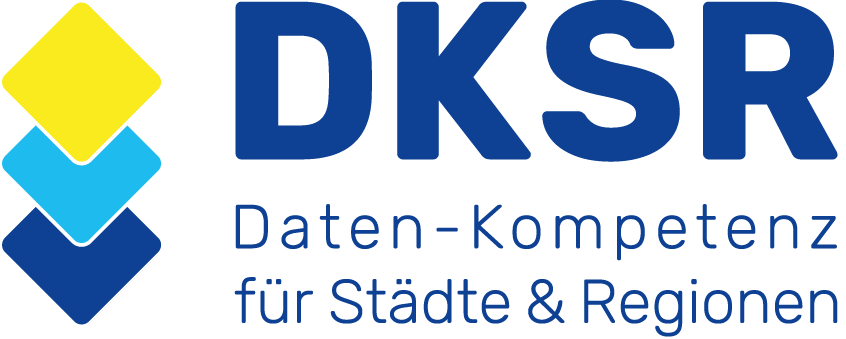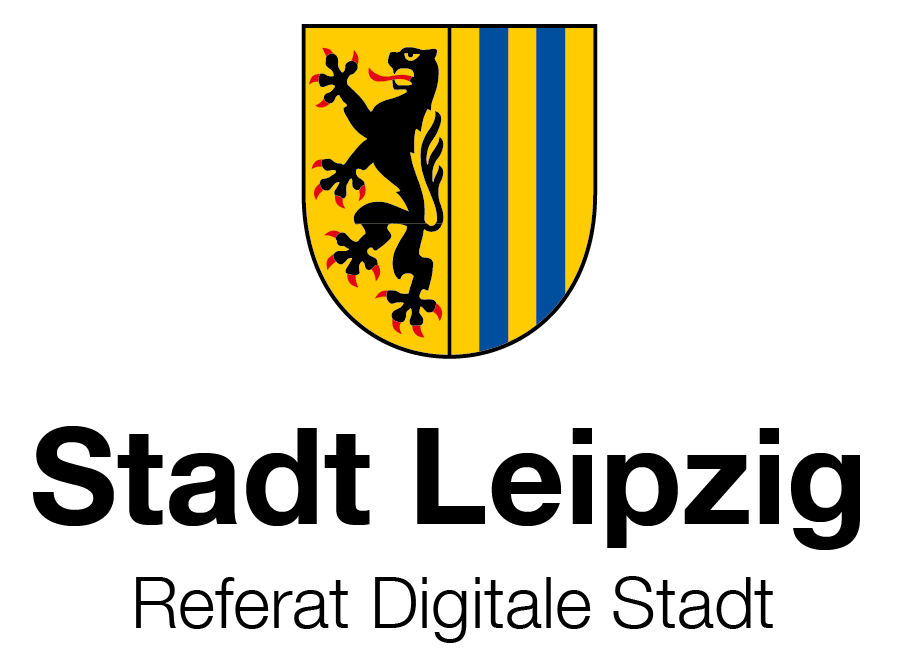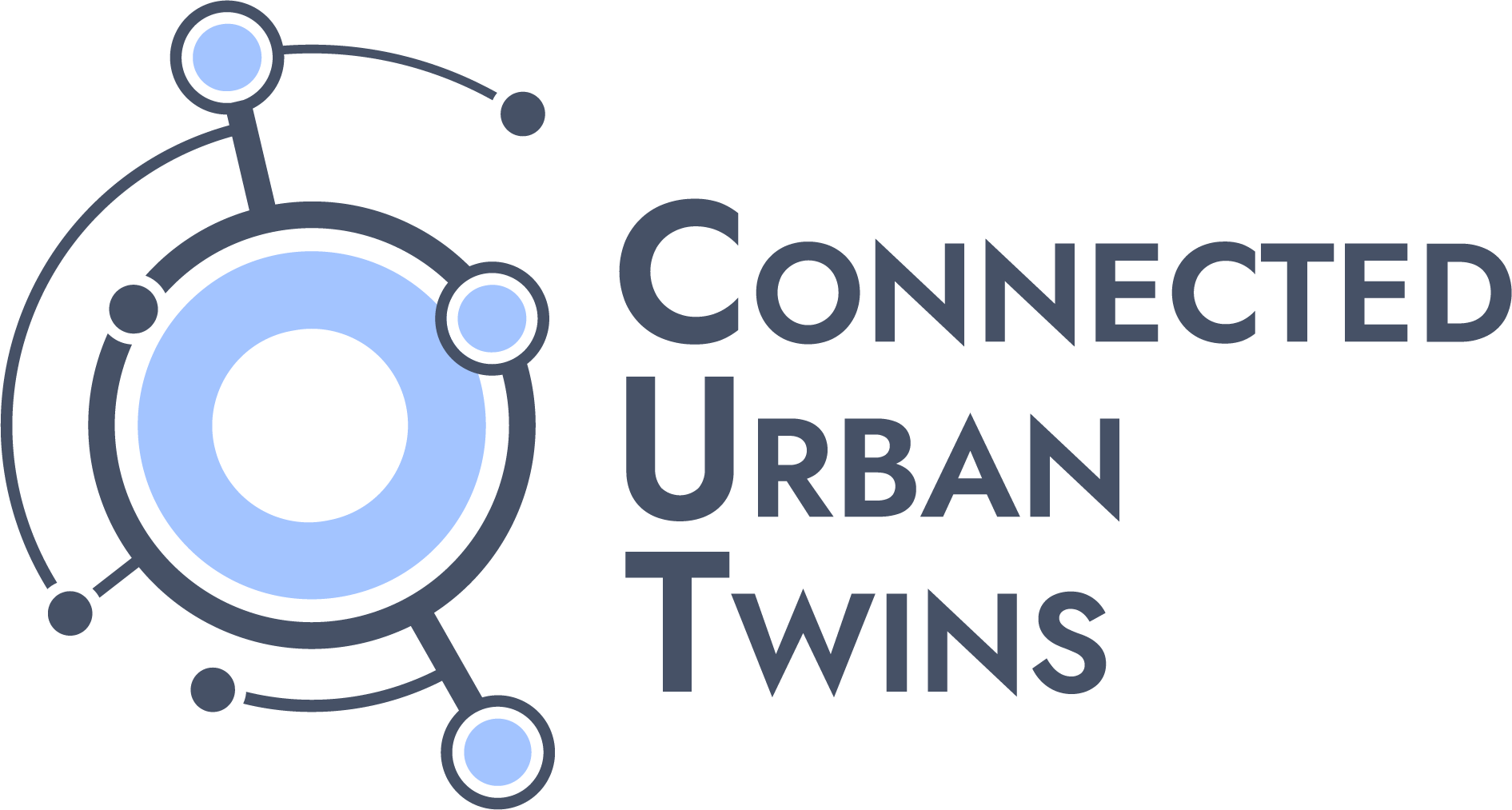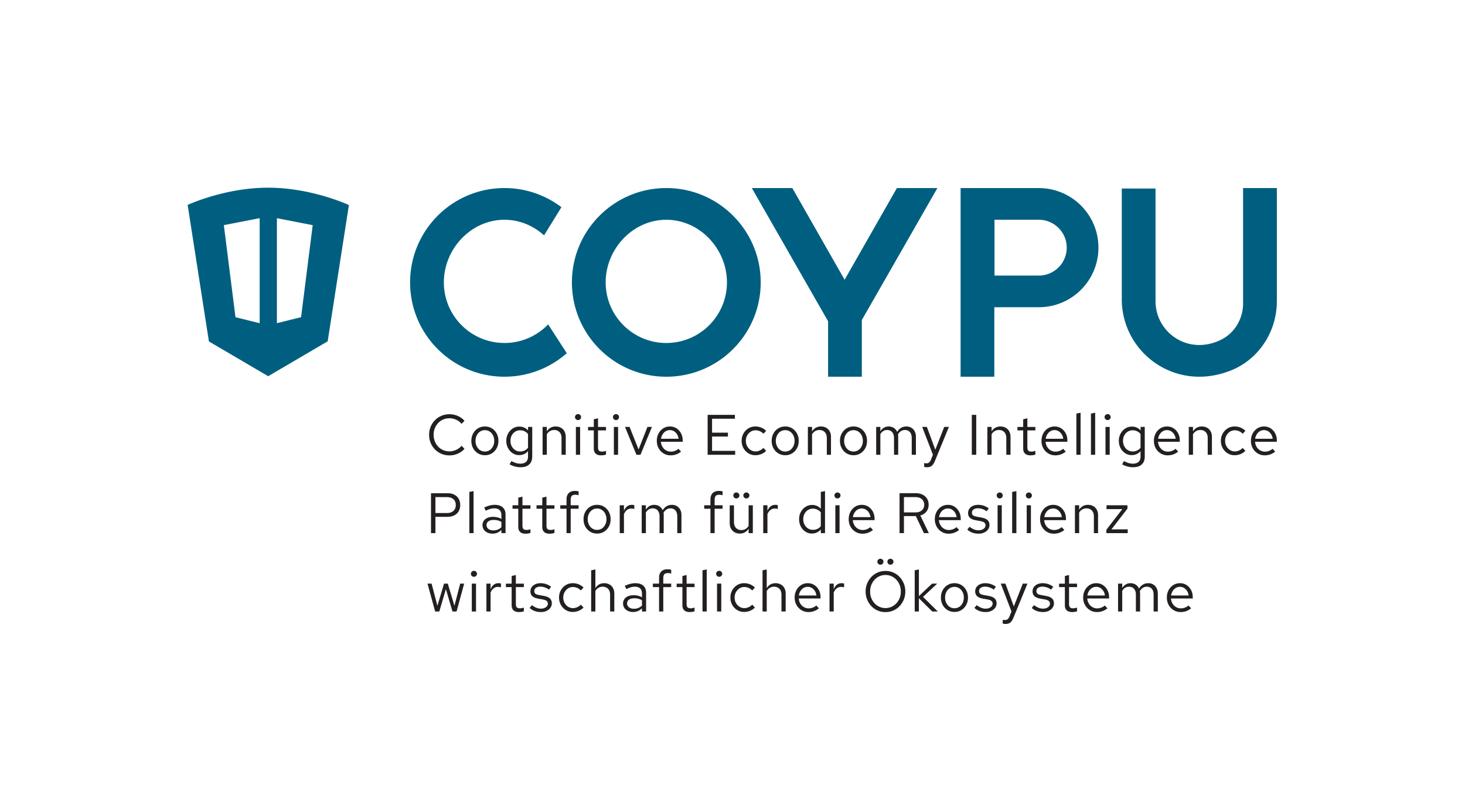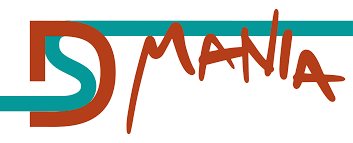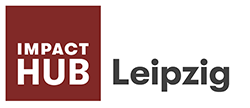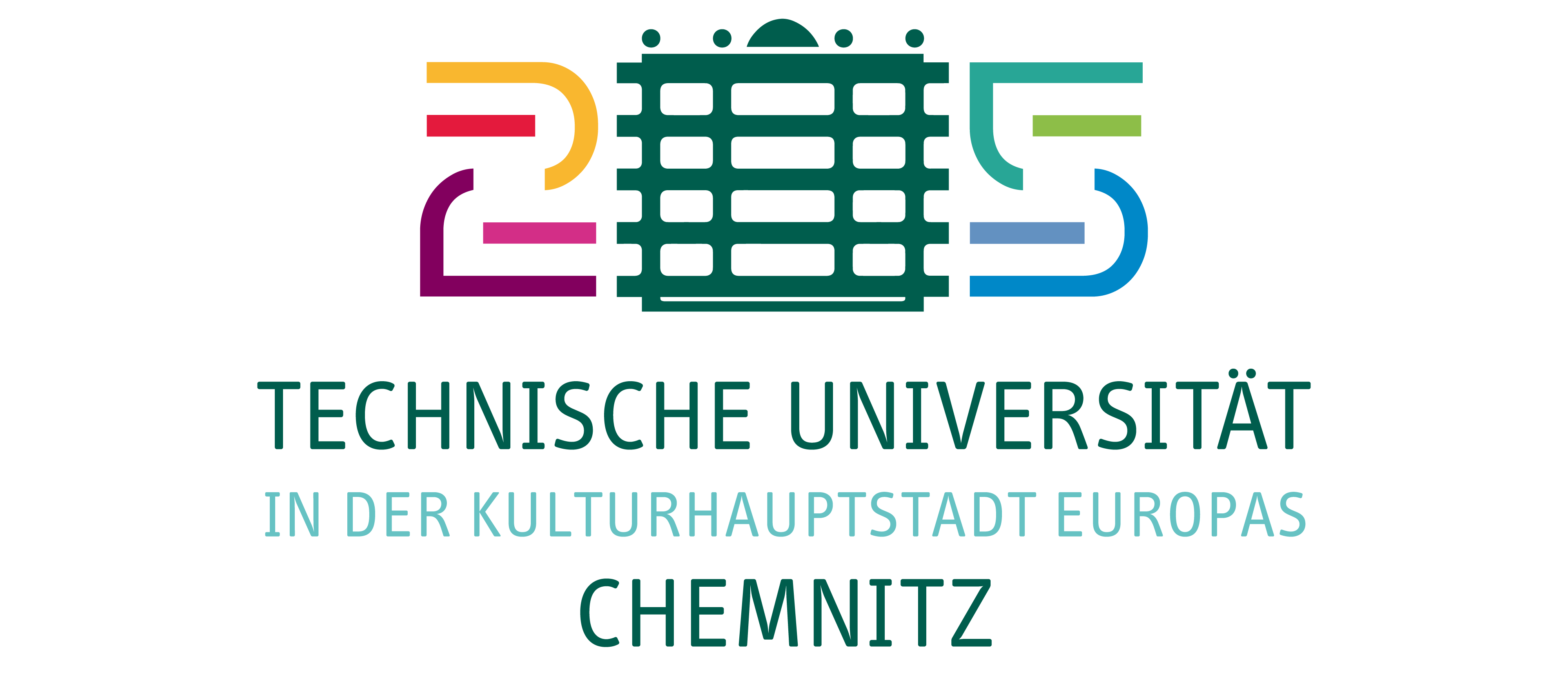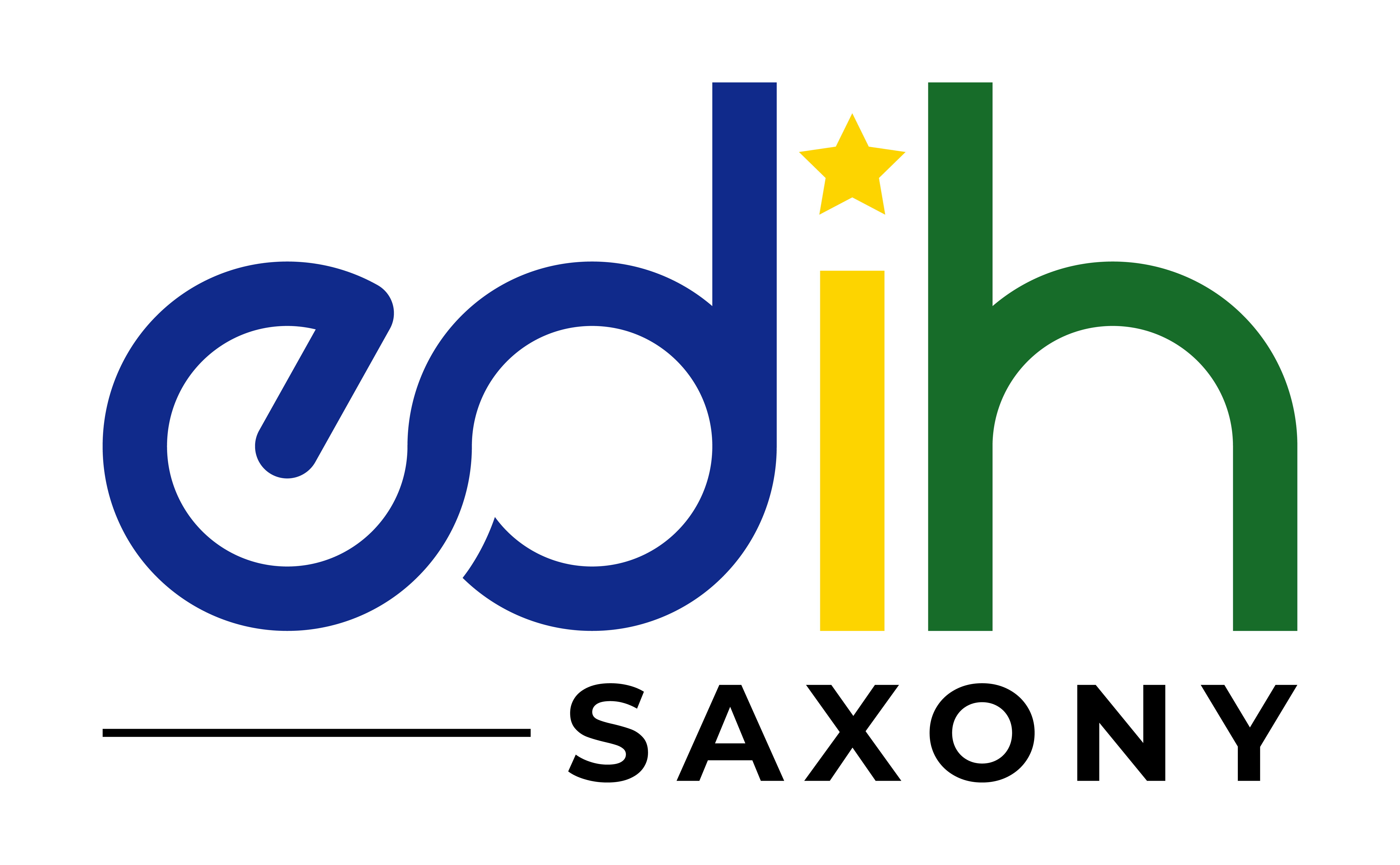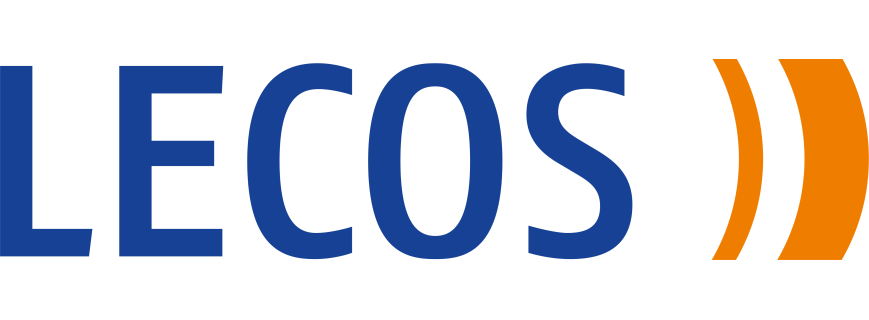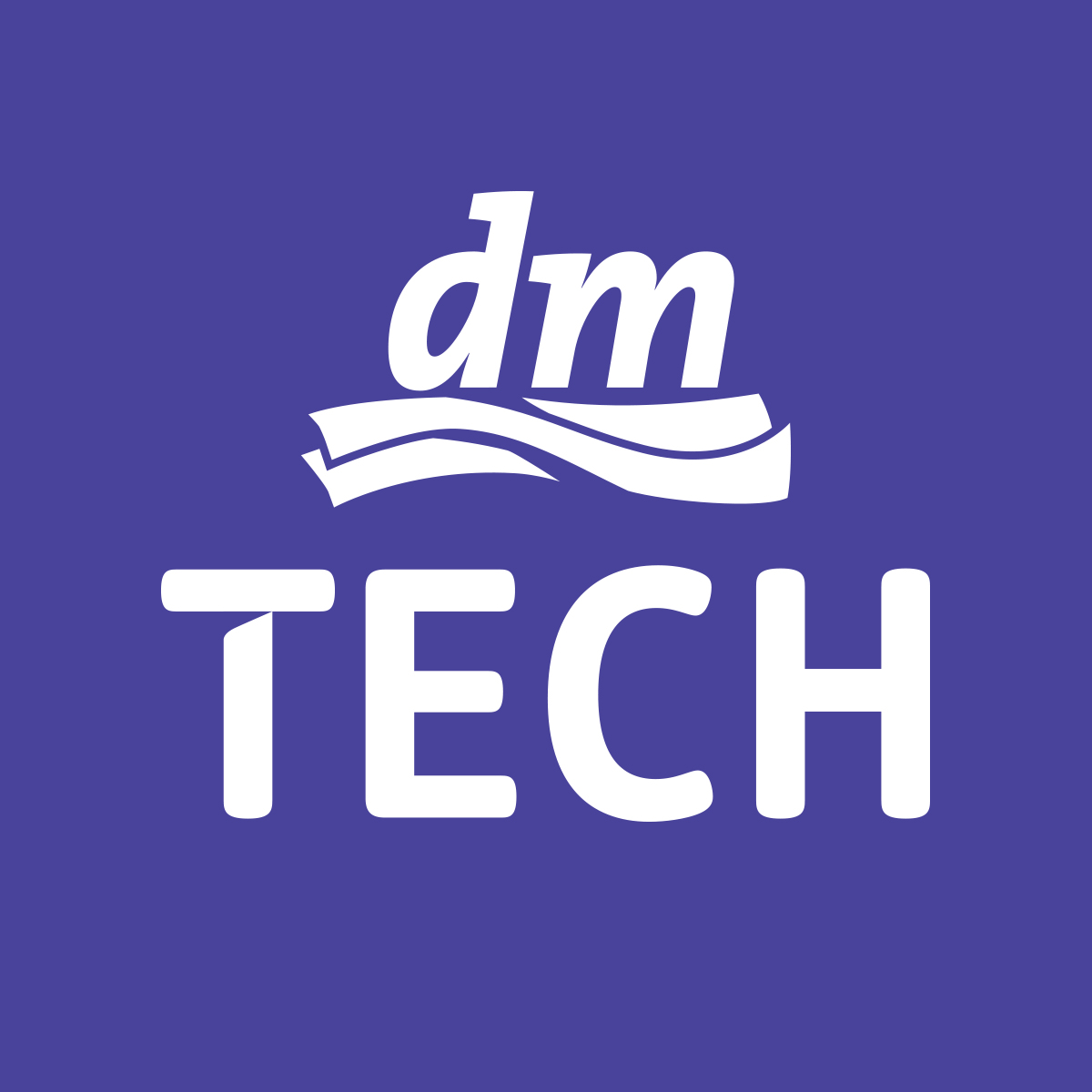The Program
08:45
Admission
- | Wandelhalle |
09:30
Opening Urban Data Summit 
- | Sitzungssaal | German
Chair: Kira Sutthoff (DKSR) and Nora Abu-Oun (DKSR)
- Dr.-Ing. Alanus von Radecki (DKSR): Word of greeting
- Dr. Ramona Voshage (Leibniz-Institut für ökologische Raumentwicklung (IÖR)): Word of greeting
- Dr. Beate Ginzel (City of Leipzig/Digital City Department): Word of greeting
10:00
Keynote
- | Sitzungssaal | German
Sustainable administration and strong democracy - why do they belong together? 

Maral Koohestanian City of Wiesbaden
Vita
Maral Koohestanian is a Deputy Mayor and head of the department for Smart City, Europe and Public Order in Wiesbaden, Germany. She studied architecture at the Technical University of Cottbus and completed a Masters in Development Research at ISCTE Lisbon. For ten years she has worked on sustainable urban development and innovation, including at the Fraunhofer Institute. Later, Koohestanian worked in the field of impact investing with a focus on social-ecological innovation concepts in the areas of affordable housing and education for all. She is now using her many years of experience to shape Wiesbaden as a future-oriented, liveable and intelligent city.
As a society, we are facing major challenges: Adaptations to the climate crisis, digitalisation of administration, green transformation of the economy or the threats to our open society from right-wing extremist and anti-democratic forces. Solutions to these challenges must be implemented locally. In the cities and municipalities on the ground.
This is where it is decided whether trust in democracy is weakened or strengthened.
A smart city is more digital, more innovative, greener and more resilient.
A smart city puts citizens at the centre.
To shape the city of the future together, we need an administration of the future.
A city administration that puts the needs of citizens at the centre.
Why do we urgently need a cultural change in administration?
The speed of the transformations that we will have to master together in the coming years requires a different kind of cooperation in the administration. Reducing complexity, dialogue across hierarchical boundaries and fewer official channels are important points for advancing cultural change in the administration.
Translated with DeepL.com (free version)
10:30
Coffee break
- | Wandelhalle |
Posters and Stands
11:00
Urban Data Summit: Municipalities for municipalities – How can replication succeed?
- | Sitzungssaal | German
Chair: Mirko Mühlpfort (City of Leipzig/Digital City Department)
-
Elisabeth Breitenstein (City of Leipzig/Digital City Department): Knowledge transfer and replication – many ideas, little clarity
The funded smart city measures are intended to generate a broad impact throughout Germany in order to advance digitalization topics. Within the CUT project, Leipzig is trying to find ways of transferring and replicating knowledge in order to impart helpful knowledge to other cities in such a way that they are empowered to build their own urban digital twins. After all, what knowledge is actually relevant and what do other cities need? We are therefore interested in exchanging ideas with other cities in order to find out what common ideas and solutions already exist for knowledge transfer and the transferability of solutions.
-
Stefan Bobinger (Bayerischen Staatsministerium für Digitales) and Dr. Susanne Klöpping (Bayerischen Staatsministerium für Digitales): TwinBy – Digital twins for Bavaria
With the TwinBy project, the Bavarian State Ministry for Digital Affairs is supporting local authorities in setting up individual digital twins based on specific use cases. TwinBy is intended to lay the foundation for the standardized availability and networking of data and applications. The Smart District Data Infrastructure (SDDI) of the Technical University of Munich is used as a standardized framework for the planning and introduction of digital twins. All use cases are recorded in the SDDI catalog service and will therefore be available to all local authorities in the future as a basis for replication. [https://twinby.bayern/de/startseite]
-
Marlene Damerau (Gelsenkirchener Kommunale Datenzentrale Emscher-Lippe): MPSC-Gelsenkirchen: An application center for municipal AI solutions
The city of Gelsenkirchen is currently inviting tenders for an application center for municipal AI solutions in urban development as part of the Smart Cities model project funding, which is to be set up and sustainably operated in Gelsenkirchen. This article presents how the city plans to provide the resources of this center for cities and the replication of solutions.
12:30
Lunch break
- | Wandelhalle |
Posters and Stands
13:30
Urban Data Summit: Many roads lead to the tool
- | Sitzungssaal | German
Chair: Elisabeth Breitenstein (City of Leipzig/Digital City Department)
-
Mateusz Lendzinski (City of Hamburg): The Dipas user community - Report on building an open source development community
The geodata-based open source participation system DIPAS has been available since 2020. Initially developed by Hamburg, several cities now use the system. In 2023, a user community was founded to further develop the software cooperatively. The report explains the reasons that led to this step, the opportunities offered by such a cooperation platform and briefly describes how the DIPAS-AC works.
-
Albert Steinbach (City of Halle (Saale)): Tendering for a digital twin in Halle (Saale) - What to consider?
The city of Halle (Saale) has launched the first major project as part of its Smart City initiative. At its November meeting, the city council voted unanimously in favor of awarding the contract to develop a digital twin of the city. A short presentation by speaker Albert Steinbach (Smart City Halle (Saale) field of action coordinator) will cover the path to the award, the planned implementation and his experiences and recommendations from the process.
-
Kim Strupp (Smarte KielRegion GmbH): Smart Beteiligt - the digital participation toolchain for administrations
The participation of citizens in local development projects is becoming increasingly important, but it is also a major challenge. Often, only the well-known “bubble” of committed stakeholders is reached, despite a great deal of time and financial investment. In addition, the transparent presentation and communication of different phases and results in participation processes is sometimes difficult. The internet makes it possible to involve people intensively and regularly. There are digital solutions for citizen surveys, ideas competitions and even active involvement in urban planning processes. And many municipalities are already using digital participation tools (e.g. Adhocracy, Consul, Dipas, Wechange, etc.). However, the individual applications only ever cover part of the functions required by a municipality. At the same time, the introduction and parallel use of several tools with different interfaces can easily overwhelm users. The smart cities/regions of Bamberg, Hildesheim, Lübeck and the KielRegion are tackling this challenge and want to develop joint solutions for tailor-made tools that are easier to integrate and connect. These are to be collected and made available in a participation toolbox that can be accessed by all German municipalities.
15:00
Coffee break
- | Wandelhalle |
Posters and Stands
15:30
Urban Data Summit: Data literacy in municipal administrations: Procedure model and reference framework for strategic action - Presentation of an action guideline for municipal practice 
- | Sitzungssaal | German
Johannes Sautter
(Fraunhofer Institute for Industrial Engineering IAO)
In German municipalities, the digitalization of data, data infrastructures and administrative processes is accompanied by the need to adequately develop existing organizational and management structures as well as the digital skills of employees. However, previous approaches often lack a strategic approach across departments. This is where a recent publication by the Fraunhofer IAO in collaboration with the Fraunhofer IOSB-INA and the IIT in the VDI/VDE comes in. As a guide, it supports the process towards data-competent administration by describing activities and providing easy-to-use tools. The publication is based on extensive research carried out as part of the ExWost research project “Shaping the digital city for the common good through municipal data literacy” on behalf of the BBSR and BMWSB. [https://www.iao.fraunhofer.de/de/presse-und-medien/aktuelles/mit-datenkompetenz-zur-smarten-kommune.html]
17:00
Abschlussrunde - DKSR Summit
- | Sitzungssaal | German




